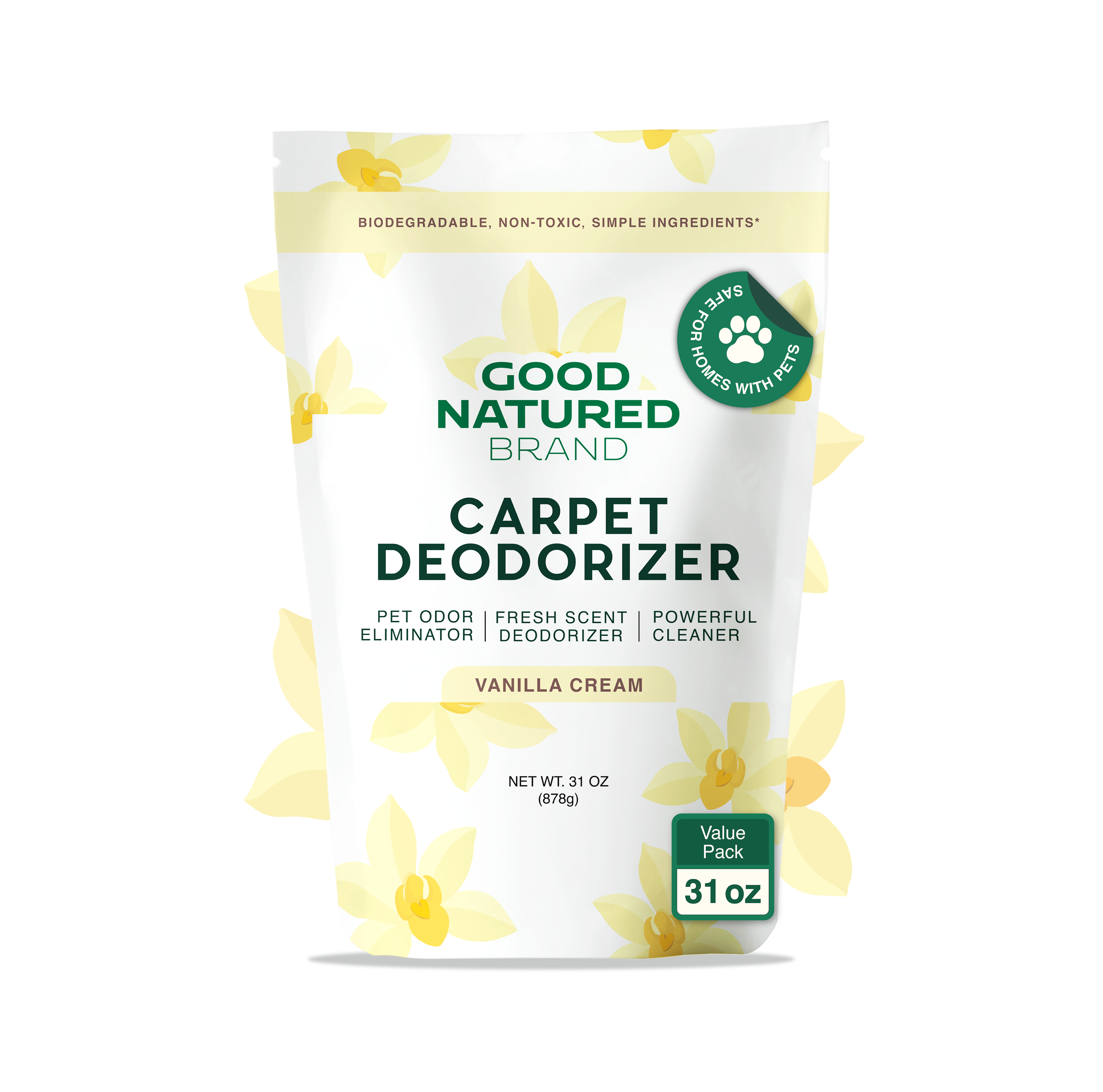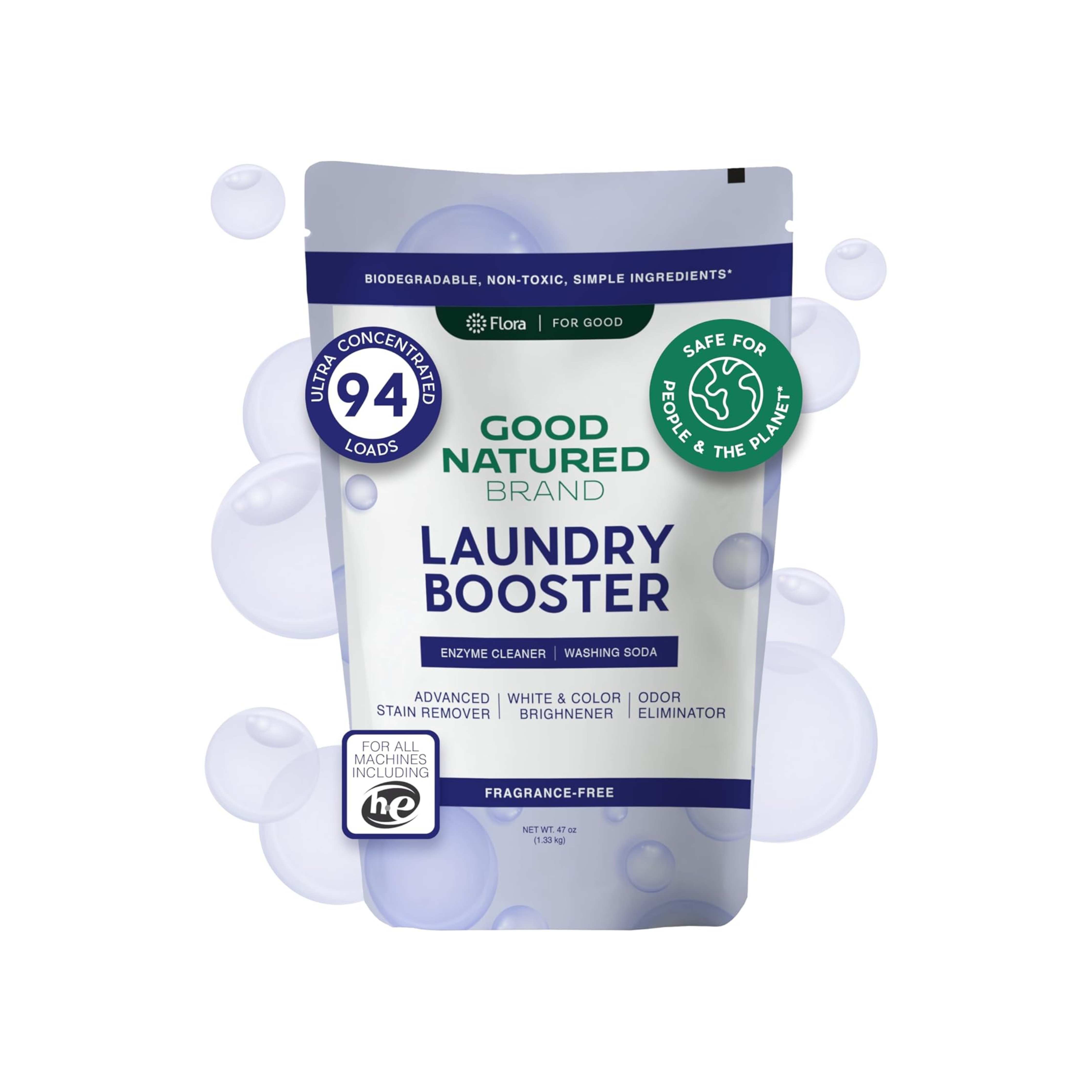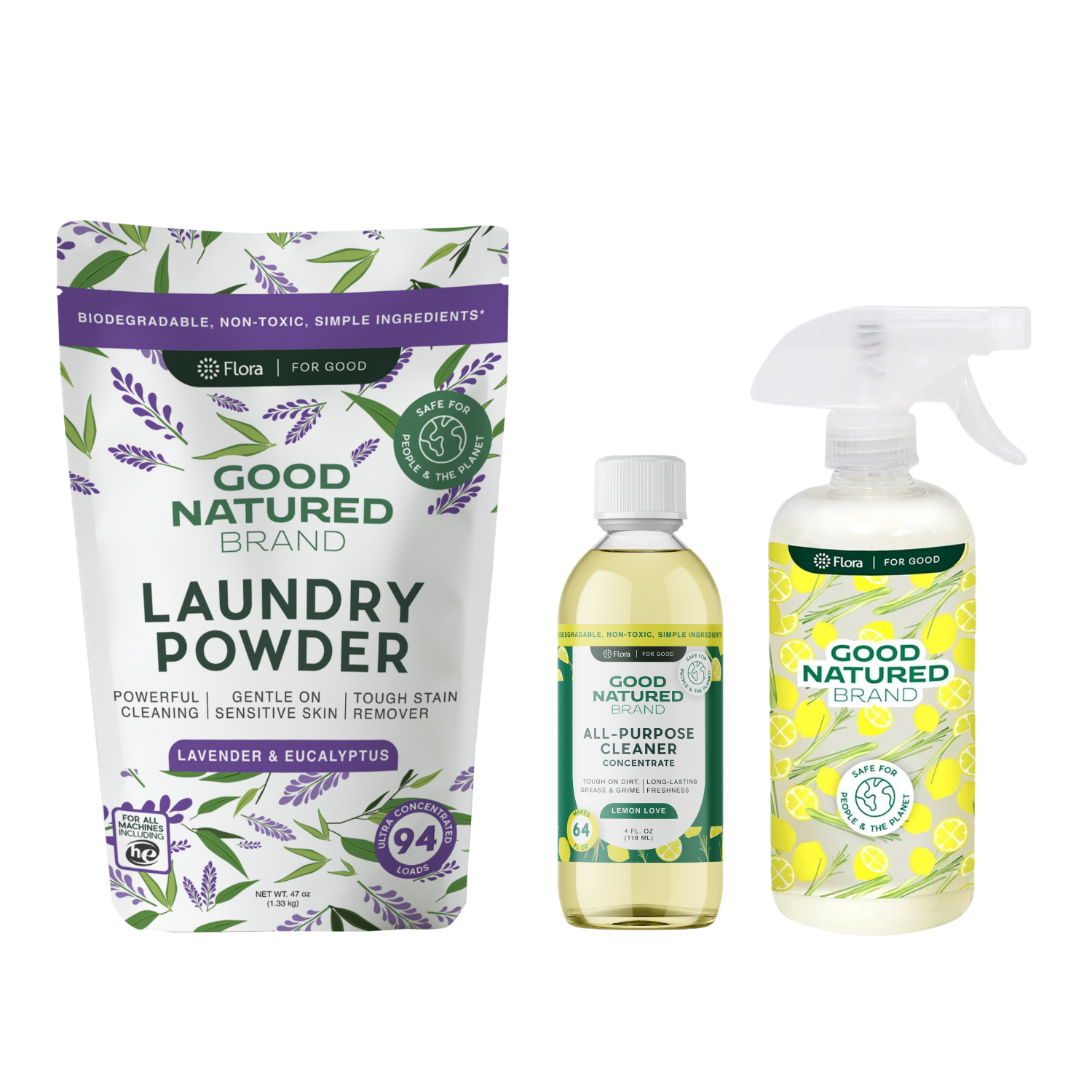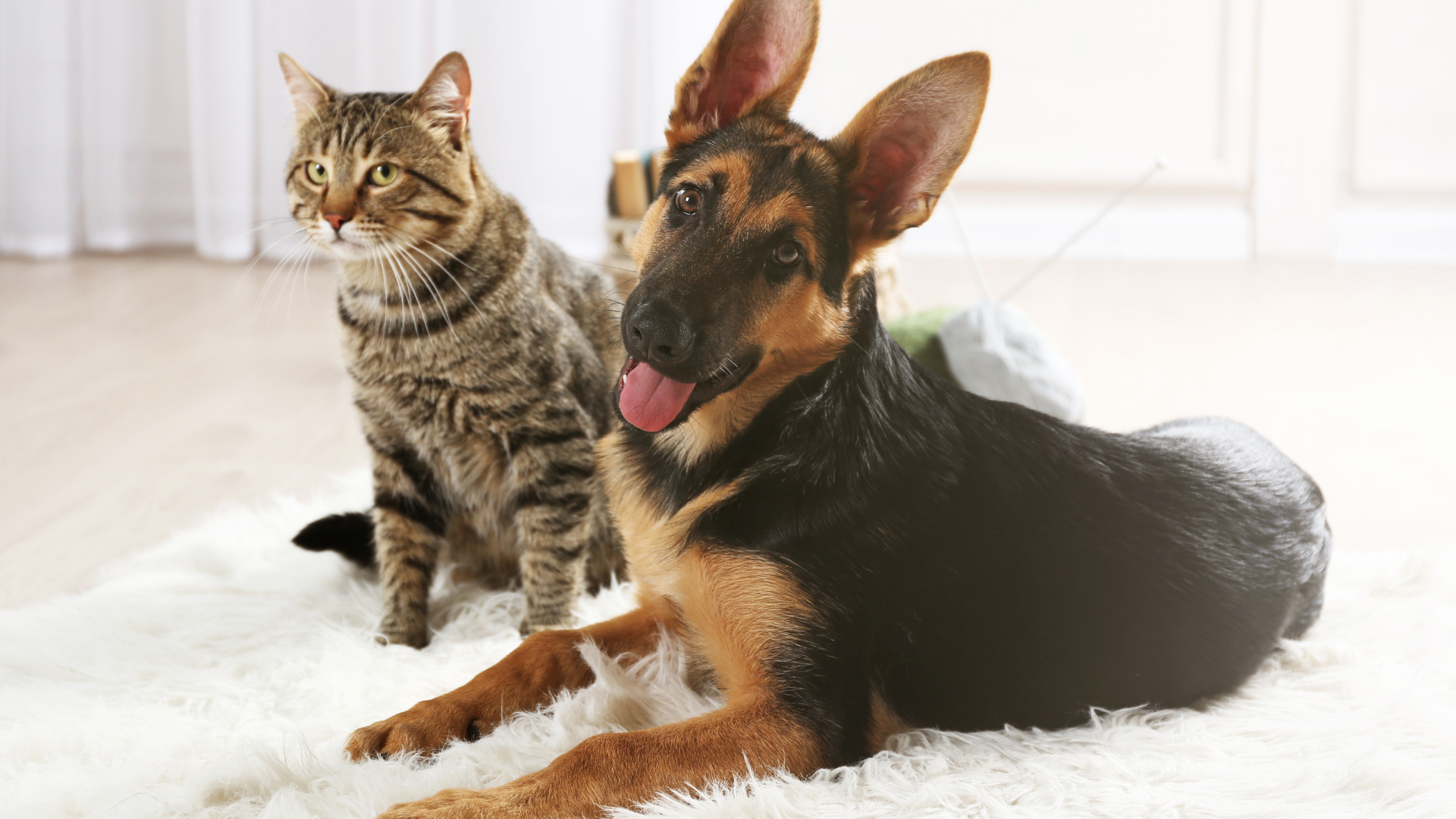Dogs have a way of surprising us every day with their quirky, lovable behaviors. One of the most fascinating—and often hilarious—things they do is “sing” along to music. Whether it’s a Husky howling with a piano, a Beagle joining in with a guitar, or a family dog tilting its head and howling when you sing, these moments quickly capture our hearts. But why do some dogs seem to love joining in with our songs? Is it instinct, communication, or simply fun?
In this guide, we’ll dive into the science, history, and meaning behind this unique canine behavior so that you can better understand why your pup might be the next star of your living room concert.
What Does It Mean When a Dog “Sings” Along to Music?
When dogs “sing,” they’re not actually hitting notes the way humans do. Instead, they’re engaging in a form of vocalization that often resembles howling or elongated barks. To us, it sounds like music, especially when they match the rhythm or pitch of the sound they’re hearing.
This kind of vocal mimicry is rooted in communication. Dogs, as descendants of wolves, are naturally inclined to use sound as a way to connect with their pack. To them, your singing, playing an instrument, or even a song on the radio might feel like another member of their pack calling out. Responding vocally is their way of joining in.
It’s also worth noting that dogs have a much broader range of hearing than humans. High-pitched sounds that blend into the background for us can feel like direct communication to them. That’s why some dogs perk up and “sing” along when they hear sirens, flutes, or high vocals in music.
The Science Behind Why Dogs “Sing” Along to Music
The behavior isn’t random—it’s rooted in biology and psychology. Dogs are highly sensitive to sound frequencies and vibrations. While humans typically hear sounds in the range of 20 Hz to 20,000 Hz, dogs can hear up to 45,000 Hz. That means they notice subtleties in tone and pitch that we completely miss.
Researchers believe that dogs may respond to certain notes or rhythms because they mimic the frequencies of natural howls. Sustained notes in music, such as those in classical or folk songs, can sound similar to pack howls in the wild, triggering an instinctive response.
On top of that, many dogs are naturally social creatures. Singing—or in their case, howling—creates a sense of unity. When they vocalize along with you, they might be trying to strengthen their bond, much like wolves harmonize to reinforce pack unity.
There’s also evidence that dogs associate human singing with positive emotions. If you often sing in a happy or relaxed state, your dog may connect the sound of singing with comfort and joy. Joining in becomes their way of participating in your mood.
The Evolutionary Roots of Dog Singing Behavior
To fully understand why dogs sing along, we need to look back at their ancestors. Wolves are known for their communal howls, which serve multiple purposes: marking territory, rallying the pack, and strengthening bonds between members. These howls are deeply social, designed to maintain group cohesion even when individuals are far apart.
As wolves were domesticated into dogs, many of these instinctual behaviors carried over. While modern dogs don’t rely on howling to track pack members in the wilderness, they still have the urge to vocalize in response to sound. For some breeds—like Huskies, Malamutes, and Beagles—this instinct is particularly strong because they were bred for work that required strong communication skills, such as sled pulling or hunting in groups.
When your dog “sings” along to your favorite tune, they’re not trying to imitate Adele or Elvis Presley. Instead, they’re tapping into an ancient instinct to join in with their “pack”—which, in their eyes, includes you.
Do All Dogs “Sing” Along to Music—or Just Some?
Not every dog will feel the need to vocalize with music, and that’s perfectly normal. Some dogs are naturally quiet, while others are more expressive. Breed plays a big role here: Huskies and hounds, for example, are notorious for their howling and singing habits. Terriers and retrievers, on the other hand, may prefer wagging their tails or cuddling as their way of expressing themselves.
Personality also matters. Some dogs are more outgoing and curious, eager to participate in whatever their humans are doing. Others may be reserved or indifferent to sound. Environmental factors also come into play—dogs raised in lively, music-filled homes are more likely to respond to music compared to dogs raised in quieter settings.
It’s also worth remembering that a dog’s willingness to sing may change with age. Puppies may howl along out of curiosity, while older dogs might prefer to observe quietly. Both responses are normal and should be appreciated as part of your dog’s unique personality.
Types of Music That Make Dogs “Sing”
Not all music will get your dog howling, and some songs may leave them completely unfazed. Dogs are selective listeners, and their reactions often depend on sound frequency, rhythm, and tone. High-pitched or sustained notes, such as those found in classical or opera music, tend to spark a stronger response. Instruments like flutes, violins, and pianos often resemble the natural howls of a pack, which can make dogs feel like they’re being called to join in.
Dogs may also respond to human voices more than instrumental sounds. If you’re singing, your dog might recognize it as part of your communication with them and feel inclined to participate. Recordings, on the other hand, don’t always trigger the same effect—some dogs can tell the difference between a live voice and one played from a speaker.
Interestingly, pop music with heavy bass or fast beats typically doesn’t inspire dogs to sing along. Instead, they may appear curious or even anxious if the sounds are too unfamiliar. If you’re hoping to get your dog to sing, try experimenting with different genres to see what resonates most with them.
Is Dog “Singing” a Sign of Happiness or Stress?
When your dog starts howling with your favorite playlist, it’s natural to wonder: are they happy, or are they stressed? The answer depends on their body language.
Dogs that sing with joy often display loose, wagging tails, relaxed ears, and playful movements. They may look at you while howling, almost as if they’re seeking encouragement. This type of singing is usually a bonding activity and a sign of contentment.
However, if your dog seems restless, paces, or whines between howls, it may indicate stress. Certain sounds can be overwhelming or uncomfortable for sensitive dogs. Sirens, for example, may trigger instinctual howls rooted in alarm rather than enjoyment. In these cases, it’s important to observe and respect your dog’s comfort level.
Learning to interpret your dog’s emotional cues will help you decide when to encourage their singing and when to redirect their attention with toys, training, or quiet time.
How Pet Parents Can Encourage or Manage Dog Singing
If you enjoy your dog’s musical talents, there are safe and positive ways to encourage the behavior. Try singing or playing an instrument regularly in a relaxed environment and reward your dog with praise or treats when they join in. Dogs thrive on reinforcement, and this can turn singing sessions into a fun enrichment activity.
On the other hand, if your dog’s singing becomes excessive or disruptive, it’s important to manage it. You can redirect them with commands they know well, like “sit” or “down,” followed by a treat for compliance. Keeping them engaged with toys, mental stimulation, or physical activity also helps reduce the urge to vocalize excessively.
And don’t forget—cleanliness matters when encouraging active play and bonding time. If your pup rolls around joyfully after a singing session, having Carpet Deodorizers on hand keeps your home fresh. Similarly, washing pet bedding or blankets with Laundry Powders ensures that their space stays clean and cozy. For quick wipe-downs of floors and surfaces after a high-energy sing-along, a All-Purpose Cleaner makes cleanup effortless and safe for pets.
Funny Stories and Viral Moments of Singing Dogs
The internet has no shortage of “singing dog” videos, many of which go viral within hours. From Huskies howling along to harmonicas to Dachshunds joining family karaoke nights, these clips capture the playful and sometimes hilarious side of canine behavior.
What makes these moments so endearing is the connection we feel through shared sound. Dogs that sing remind us that communication doesn’t always require words. Instead, it’s about emotion, timing, and companionship. For many pet parents, these singing sessions become cherished family traditions—stories to laugh about and remember for years.
Keeping a Happy, Healthy, and Clean Home with a Singing Dog
A dog that loves to sing can bring incredible joy to your household, but it may also bring added energy, noise, and mess. After a playful sing-along, your dog may leap on furniture, flop onto carpets, or track in dirt from outside. Keeping your home fresh ensures both you and your pup can fully enjoy these bonding moments without stress.
That’s where eco-friendly solutions make all the difference. Using Carpet Deodorizers keeps your rugs smelling clean, even after enthusiastic play. Regularly washing blankets, dog beds, and towels with Laundry Powders helps maintain a fresh environment for your furry friend. And with All-Purpose Cleaners, you can quickly tackle spills, pawprints, or any little accidents around the home.
For more practical tips on maintaining a pet-friendly household, you can explore the Good Natured Brand Blog, or visit our main page to discover the full range of natural, pet-safe cleaning solutions.
Should You Worry If Your Dog Doesn’t “Sing” Along to Music?
Not all dogs are vocal performers, and that’s perfectly normal. Some dogs are naturally quieter and prefer expressing affection in other ways, such as cuddling or following their owners from room to room. Silence doesn’t mean a lack of interest—it just means your dog has a different communication style.
In rare cases, a dog’s lack of response to music might be due to hearing difficulties, especially in senior pets. If your once-vocal dog suddenly stops responding to sounds, it may be worth consulting a veterinarian. Otherwise, silence should be embraced as part of your dog’s unique personality.
Final Thoughts on Why Dogs “Sing” Along to Music
When your dog lifts its head and howls with your favorite song, it’s more than just noise—it’s a glimpse into an ancient behavior rooted in wolf ancestry, social bonding, and sensitivity to sound. Whether it’s a joyful performance or an instinctual response, the act of “singing” strengthens the connection between you and your pet.
Celebrate the uniqueness of your dog’s reactions. Encourage their playful side when it feels positive, and provide comfort when certain sounds overwhelm them. Most importantly, enjoy the special bond that music can create between humans and their furry companions.
By keeping both your pup and your home happy and clean with products like Carpet Deodorizers, Laundry Powders, and All-Purpose Cleaners, you can ensure every sing-along is a moment filled with joy, laughter, and harmony.


















